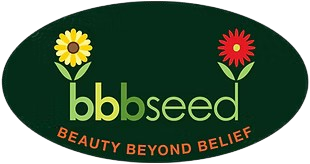Gardening to Save Your Life
Growing Food in Hard Times
by Sandy Swegel
My heart is breaking this week with the stories coming out of Venezuela of severe food shortages and 5000 ordinary people looting food warehouses on Wednesday because they and their families were starving. They are right to be desperate. At the end of April, the government announced it only had a 15-day inventory of food left. The president has suggested people should grow their own food and maybe keep some chickens. That’s not very likely in the ultra-urban capital city of 5.4 million people in Caracas.
Venezuela’s problems are mostly political and socioeconomic, exacerbated by the fact that they import most (65-80% depending on who is counting) of their food. Once an agricultural nation, they shifted most land to the easy money of oil production. Now as oil prices have dropped significantly, there’s no money left to pay to import food.
Which all led me to some serious questions.
Could I grow enough food to save my life if our groceries shelves went empty?
Do I know enough about growing food that I could teach desperate neighbors to grow their own food in small urban areas?
Assuming I couldn’t purchase seeds or fertilizer, could I really grow a zero import garden?
It is frustrating when there is news of famine and human beings starving in the world. Most of the time it’s political. Increasingly, climate change has brought on severe drought. We have all come to hate the evening news with the latest story of suffering in the world. What can we do?
We can educate ourselves more. We can learn to grow food really well. For me this year, I’m going to focus on learning more about growing high calorie and high protein foods. I’ve grown potatoes and onions a couple of times with mediocre production and figure it’s cheaper to buy those and use my garden for more kale. But a hungry community needs calories and needs protein.
My goals this year are to get better at growing potatoes and dry beans…foods for survival.
What can you learn this year in case one day you had to feed yourself and teach others?
If you need a place to start to learn, this book is a great way to start:
Gardening When It Counts: Growing Food in Hard Times
Photocredits
http://www.theatlantic.com/health/archive/2009/09/on-urban-farms-a-sense-of-place/26675/

